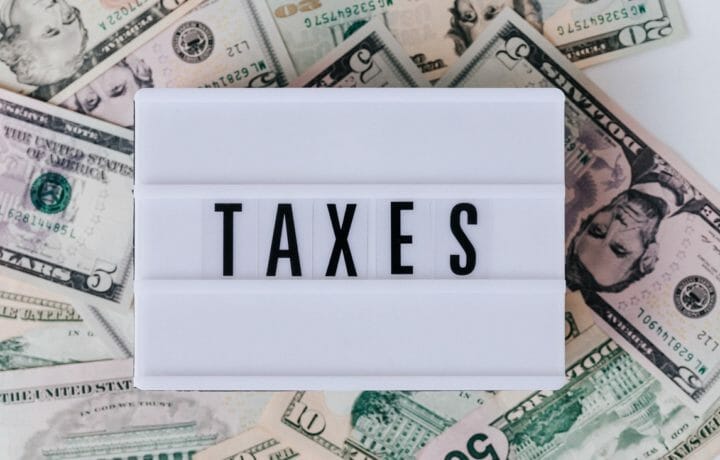The Work Opportunity Tax Credit (WOTC), is a federal tax credit available for private-sector businesses and certain non-profit organizations, which encourages employers to hire veterans. What does this mean to employers across the country? This means that businesses are being “incentivized” to hire veterans. One might ask – why do employers need to be incentivized to hire veterans?
Many veteran advocates and those in the military hiring space promote the tax incentives for hiring veterans. From the outside looking in, this may seem like a generous boost to veteran applicants seeking employment. As a veteran looking for work, it may feel like a double-edged sword. On one hand, society touts that veterans have some of the best leadership and team skills in the world- any company would be lucky to hire a veteran. On the other hand, employers get incentives for hiring and adding veterans to their workforce.
THE VETERAN SERVICES SPACE IS SATURATED
For several decades, the messaging within the veteran community has gotten polluted with an inordinate amount of veteran-service organizations (VSO) and veteran-affiliated organizations. Many people with good intentions are eager to serve the veteran community through advocacy and education. The problem with this sense of dedication to the veteran community is not all members are fully aware of the messages they are conveying to the general public. Promoting tax incentives in order for more veterans to get hired is a prime example of the complexity in the messaging. Veteran advocates may feel that they are trying to get more veterans employed, therefore offering an incentive to do so should be embraced by the veterans. Veterans seeking employment feel as if they have been misled during their exit from the service. They were led to believe that hundreds of employers are eager to hire them right out of service. So, which is it? Are employers eager to hire veterans, or do they need to be incentivized?
TELL VETERANS THE TRUTH
The best advice we can offer our transitioning service members is the truth. The truth is that not all employers are excited about your time in service and that is likely not going to change. The media, misinformation, and a saturated veteran services community are some of the problems that create such stigma within the civilian sector. These are not obstacles that veterans are going to be able to overcome with a well-written resume and a friendly smile.
If you’re a veteran transitioning and looking for a job, know that many employers do want the skills and experience your military experience brings. For others – veteran’s preference and hiring incentives may have moved your application to the top of the pile. Asking well-researched questions can be a great way to see which employers care about your service – and which need an incentive.
Unfortunately, military bias runs deep and much of it is out of a veteran’s control. All that we can control is our expectations of being a veteran job applicant in today’s world. Understanding the ramifications of good intentions such as tax-incentives will serve you well in playing the long game as a civilian in the workforce.




